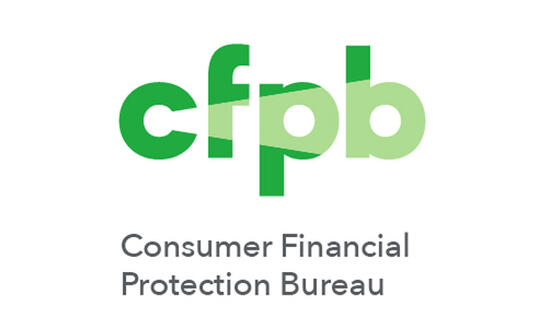CFPB Report Shows Credit Applications Dropped Significantly in March 2020
May 03 2020
According to a new report from the Consumer Financial Protection Bureau’s Consumer Credit Panel (“CCP”), consumer credit applications have dropped significantly since the onset of the COVID-19 pandemic.
In reaching this conclusion, the CCP reviewed data in a nationally representative sample of approximately five million de-identified credit records it received from one of the national consumer reporting agencies (“CRAs”). “The records include information about the credit accounts in each consumer’s credit record (such as auto loans, mortgages, credit cards, student loans, and other bank installment loans).” The sample also includes information about any credit record inquires made by lenders in response to a credit application.
The CCP focused on credit inquiry data because it is “among the first credit market measures to change in credit record data in response to changes in economic activity.” When a person applies for new credit – let’s say for an auto loan or new credit card – the lender typically seeks information about the consumer’s creditworthiness from at least one of the nationwide CRAs. This kind of credit record inquiry is often referred to as a “hard inquiry.” Hard inquiries appear almost immediately in a consumer’s credit record.
The data revealed that “auto loan inquiries dropped by 52 percent between the first and last week of March, new mortgage inquiries dropped by 27 percent, and revolving credit card inquiries declined by 40 percent.” The CCP observed that “the pandemic may have had offsetting effects on the demand for revolving credit cards since transaction demand likely decreased while the demand for the possibility to borrow likely increased.” The CCP also noted that auto and home purchases typically involve an in-person component which has likely been hampered due to the virus. Further, it cited unemployment, economic uncertainty, and a decline in day-to-day auto travel as possible reasons for such a sharp decline in auto loan inquiries.
Predictably, there was a “significant geographic variation in the decline in inquiries, with states in the South and Mountain regions experiencing smaller drops and the Northeast and California experiencing the largest drops.” The CCP related those drops to the COVID-19 case rate in each state and found that states with a higher case rate experienced a larger drop in auto and mortgage inquiries. States with high rates of unemployment saw significant drops in every category of credit inquiry but most significantly in auto loan inquiries – about 60 percent.
Through its research, the CCP concluded that “consumers with higher credit scores have more flexibility in substituting away from applying for credit than consumers with lower credit scores.” It found that the consumers with the highest credit scores experienced the largest decrease in credit inquiries. For example, auto loan inquiries for consumers with credit scores below 500 dropped by 49 percent while inquires for consumers with credit scores above 780 dropped 67 percent.
The CCP’s full report can be found here.